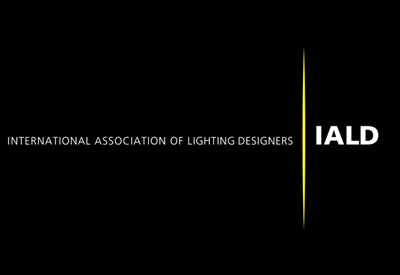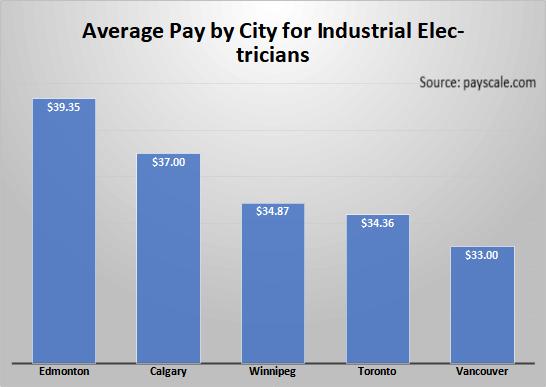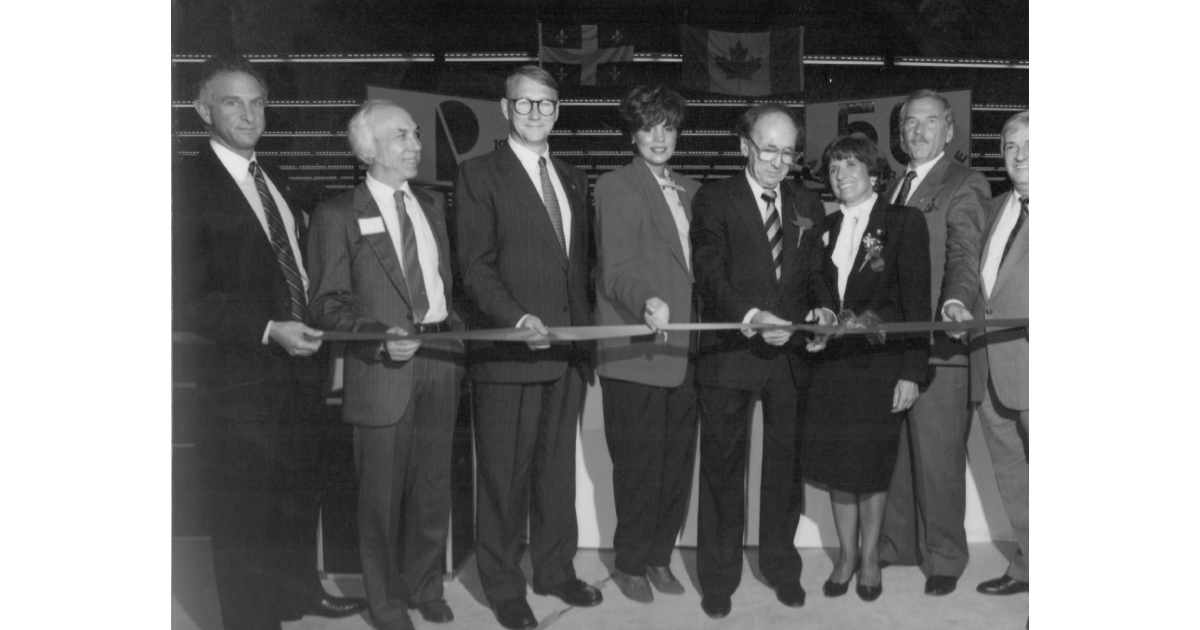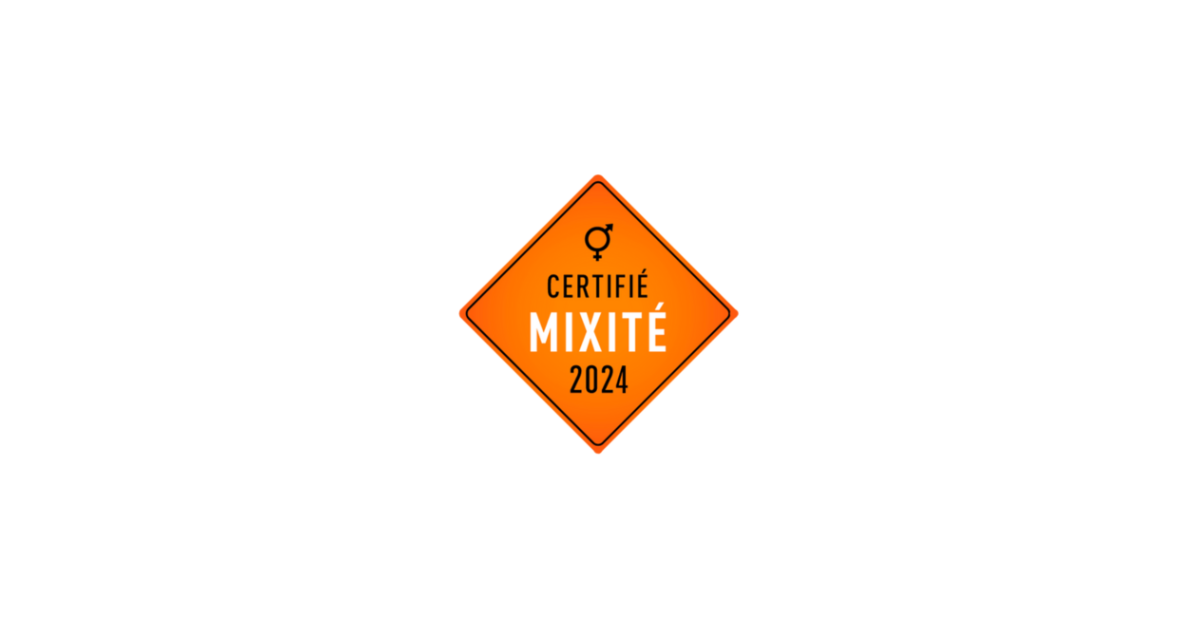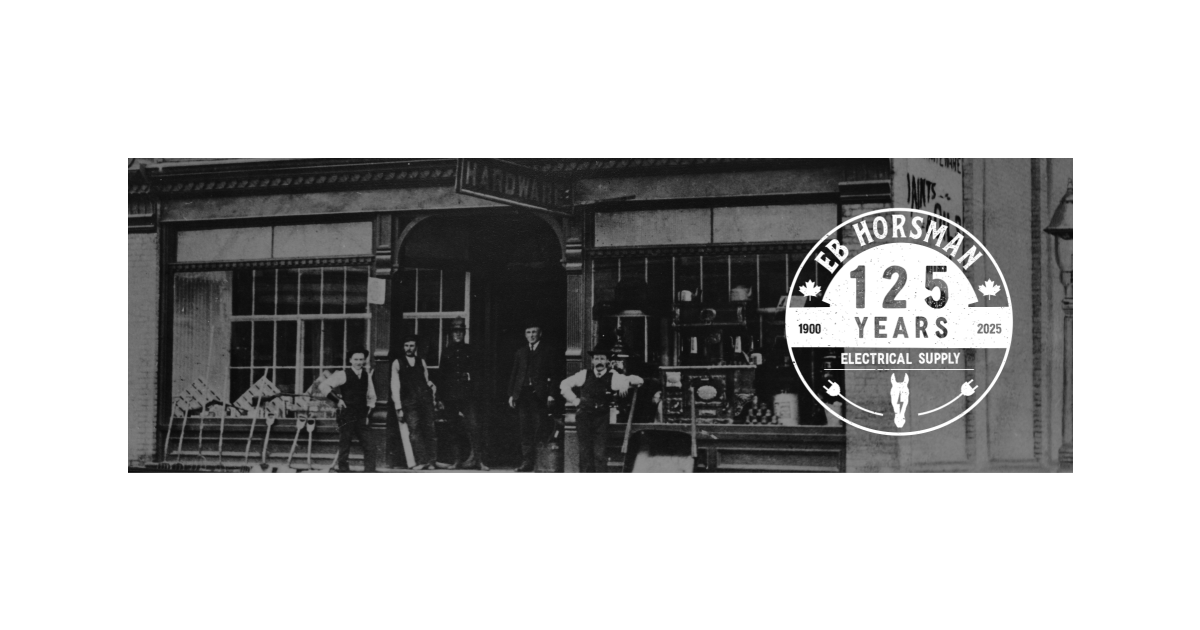CAGBC’s Zero Carbon Building – Design Standard to Phase out Combustion
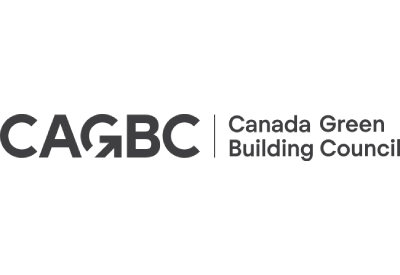
July 25, 2022
The Canada Green Building Council (CAGBC) introduced the latest version of its Zero Carbon Building – Design Standard, demonstrating a continued commitment to getting more buildings to zero faster. The ZCB-Design v3 Standard prioritizes reductions in carbon emissions and embodied carbon, and encourages energy-efficient design that promotes good grid citizenship.
“These updates to the ZCB-Design Standard are informed by two years of market and project feedback, as well as changing market expectations of operational and embodied carbon emissions,” said Thomas Mueller, President and CEO of CAGBC. “Our research shows that the industry needs flexibility in achieving zero carbon. That’s what our standard provides without compromising our target to eliminate carbon emissions from buildings. ”
Phasing out combustion for significant carbon reductions
ZCB-Design v3 offers additional thermal energy demand intensity (TEDI) flexibility to incentivize projects to move away from combustion.
Projects that eliminate combustion for space heating are no longer required to meet a TEDI target. Now design teams can optimize their building enclosures and HVAC design for the best possible returns.
“This change gives projects the freedom to invest project dollars to achieve the greatest impact at the lowest cost ,” said Mark Hutchinson, Vice President of Green Building Programs and Innovation at CAGBC. “For example, projects might choose to invest in a geo-exchange system and completely electrify, rather than invest in additional envelope efficiency but still use air-source heat pumps and backup natural gas.”
ZCB-Design v3 also puts a limit on combustion, preventing it from being used unless the outdoor air temperature is below -10 C. This change ensures electrification of heating is the new default, only stopping at the point of system limitation. Today, all heat pump applications have options available to -10 C, while some go as low as -30 C. By choosing -10 C, the Standard doesn’t prescribe a solution but makes substantial electrification a requirement.
Putting a limit on embodied carbon
The Standard introduces a prerequisite for embodied carbon, with the flexibility to choose between absolute embodied carbon targets or relative improvements over a baseline. The new limit is a critical next step towards CAGBC’s goal of reducing embodied carbon 40% by 2030. CAGBC’s Embodied Carbon: A Primer for Buildings in Canada calculated that embodied carbon could represent as much as 93% of a new building’s cumulative emissions in 2050.
Zero carbon momentum
Collectively, the changes are particularly helpful for smaller buildings and multi-unit residential projects. The changes were guided by the Zero Carbon Steering Committee, supported by an Embodied Carbon Working Group and CAGBC’s Energy and Engineering Technical Advisory Group.
“These changes were designed with an eye to the simplicity/accessibility of the Standard and a clear focus on driving carbon reductions. The intent is to reduce the cost and effort required to achieve the desired outcomes of certification, and to open the Standard to as many projects as possible. I know the changes will remove barriers that some of our clients were facing,” said Doug Webber, Chair of the Zero Carbon Steering Committee and Co-Founder and Principal of Purpose Building. Already, CAGBC is seeing increased interest in this new iteration.
If Canada is to meet its climate targets, every building must be a zero-carbon building. Balancing rigour with flexibility is one way the ZCB standards encourage the transition to zero. A strong business case also helps. CAGBC proved new zero carbon buildings were technically feasible and financially viable with the seminal report Making the Case for Zero Carbon Building. Most recently, CAGBC tackled zero-carbon retrofits with Decarbonizing Canada’s Large Buildings, and demonstrated that every building has a path to zero. As the cost of carbon and the risks of climate change grow, the value of zero-carbon buildings will only increase.
The market is ready for the transition. This month, CAGBC celebrated the 50th building certification under the Zero Carbon Building standards. Across Canada, jurisdictions like Vancouver, Toronto and Montreal are implementing aggressive plans to reduce carbon emissions from buildings, and the private sector’s efforts are equally ambitious. Increasingly, projects are using CAGBC’s standards to help map out their approach to decarbonization.
Registration for ZCB-Design v3 is now open.
For more information: cagbc.org/zerocarbon
To download the Standard: cagbc.org/ZCBDesign



